We recently released the powerful documentary Soka Afrika to stream. K+S caught up with Soka Afrika producer Simon Laub in between an adventure in Las Vegas and a business trip to the 2019 Toronto Film Festival.
K+S: What drew you to the story of Soka Afrika?
LAUB: Myself, Suridh Hassan, his partner Ryo Sanada, and my partner Sam Potter came across a couple articles in the news about young African kids who were aspiring footballers turning up in Europe and being abandoned. Being interested in the subject we all started researching and seeing what we could find.
The more we looked the more we couldn’t believe what we were seeing.
The first tip of the iceberg was when we discovered Jean Claude Mbvoumin’s name as head of an NGO called Culture Foot Solidaire, who seemed to be the only ones who were visible and pragmatically doing something about the issue. We contacted him, and before actually meeting, decided we had to get to the bottom of what was going on. And the best way to do that was to make a doc.
K+S: What were some of the challenges you encountered during filming?
LAUB: The biggest challenge in making a documentary of this nature is trust. It's crucial to spend enough time with the people you are filming for everyone to get comfortable and ideally to start to forget there is a camera on them, especially in a sporting situation. It's natural to be defensive or guarded, especially given our subject matter, and I think it helped us a lot that it was clear to everyone involved that we were trying to do a positive thing in exposing a huge negative to public scrutiny and debate.
We also allowed a long time filming: over 2 yrs, to catch aftereffects of the World Cup and to allow the characters to develop and the story to breathe. Ndomo and all the other boys we met, Jean Claude and Kermit all understood that this story is important and desperately needs attention, media and resources. Trafficking in football is still happening right now! We unfortunately expected that 10 years later FIFA would have delivered some or any of their promises shown in our film by Sepp Blatter in the hilariously titled “Conference for Hope” in South Africa in the run up to the 2010 World Cup. But it's the system that needs to change, and I don’t think its in their interest.
Kermit Erasmus, one of the stars of Soka Afrika, playing with South Africa’s national team.
K+S: The two main characters of the film, Kermit Erasmus (pictured above) and Ndomo Sabo (pictured below), were up-and-coming talents at the time of the film. Today, Kermit is still playing, starring for Cape Town FC and BAFANA BAFANA in South Africa. What about Ndomo?
LAUB: Ndomo is happy. He is happily married with kids in London, where he now lives. But he is, unfortunately, retired from football. At the end of the film, we see Ndomo sign for Spanish club Deportivo la Coruña. He played successfully for them for almost a season. Then, sadly, he was badly injured at Deportivo and forced into early retirement.
Ndomo Sabo, one of the stars of Soka Afrika, when he was healthy and playing professionally.
K+S: Since the film was released, what, if anything, has changed for African players being brought to Europe?
LAUB: Honestly, it's impossible to know definitively, but I would wager that very, very little has changed. You don’t have to look much farther than the recent ban and non-ban of Chelsea and Manchester City, respectively. If you analyse the situation, you see that they both signed many of the top players from Africa as well as other countries who are younger than 18. How? What was the consequence?
K+S: You are a big footy fan yourself. What club do you support and why?
LAUB: I support the glorious champions of Europe -- Liverpool. Honestly, I had no choice. My Dad took me and my older brother to the FA Cup Final, Liverpool vs Everton. I was very young. We won. My brother already supported them. I was along for a lifetime. I'm very happy about it obviously (now), but having lived in London until I was 35 years old, all my angry Londoner friends can’t handle it.
K+S: If you could make a soccer film right now, what story would you tell?
LAUB: If I could, I would probably make a film about a ragtag group of Sunday league footballers who beat all the odds and managed to make history. It would probably be called Holy Mount Zion.



